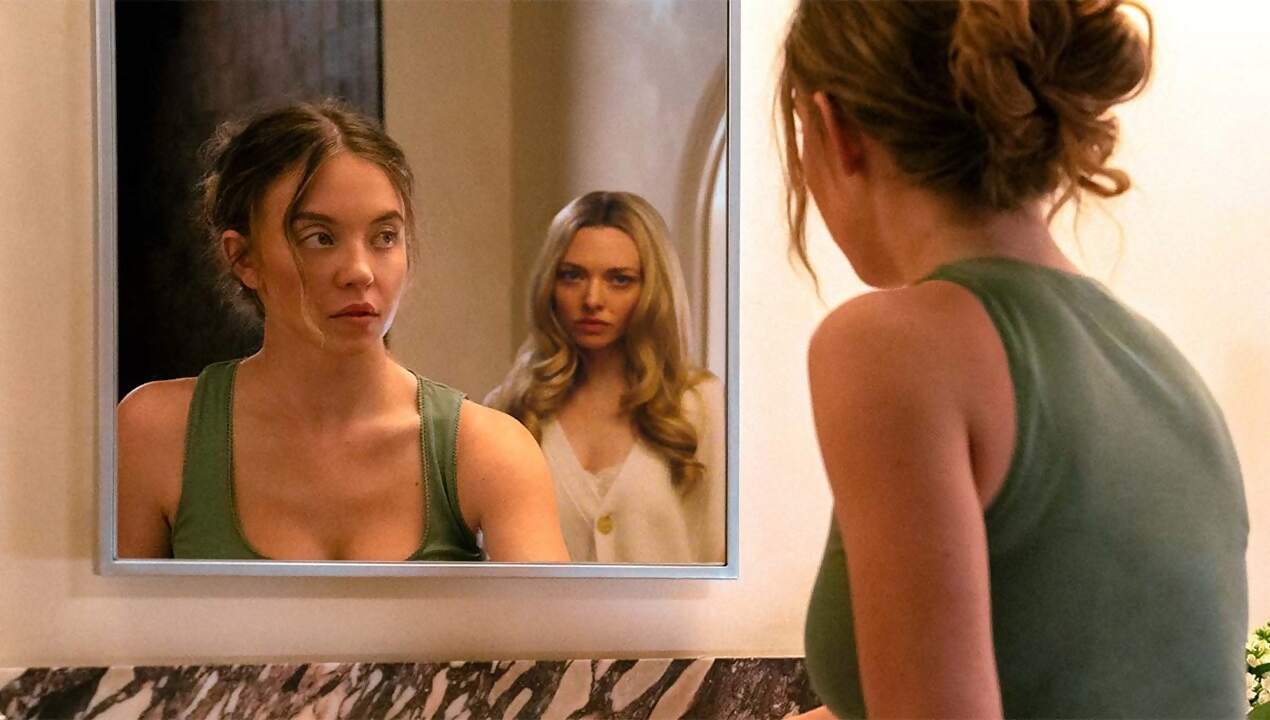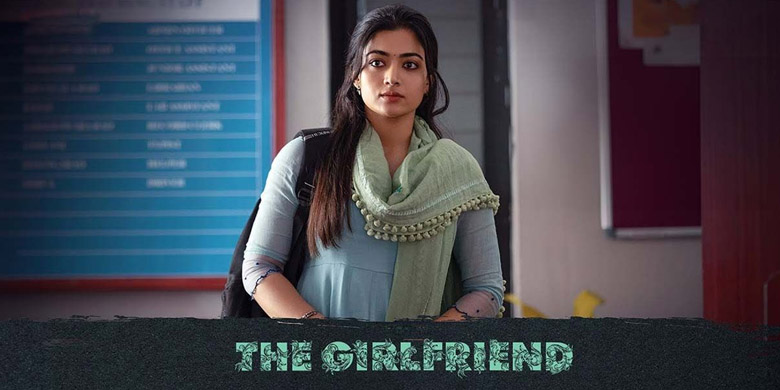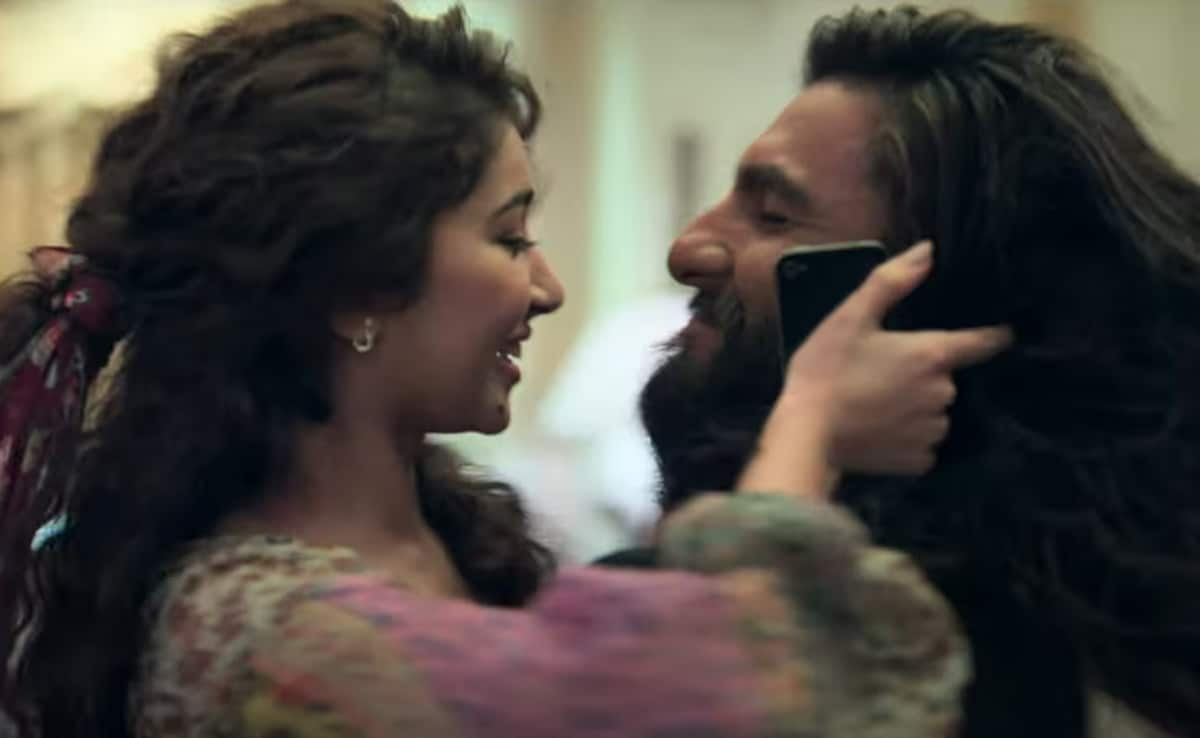I was 12 years old when I first heard the term ‘genocide.’ I was reading about World War II and how Hitler had committed mass genocide across Germany. This was a result of extreme right motivations aimed at ethnic cleansing of the country which opened my eyes towards how hatred and extremism is a threat to humanity. But the film, First They Killed My Father, served as a template for me to understand how ugly things can get on the opposite end of the spectrum as well.
The film is set in late 20th century Cambodia where after the American occupation, the power has come in the hands of CPK (Communist Party of Kampuchea) led by leader Pol Pot who, inspired by Mao’s ideology, started the Khmer Rouge.
The film is based on the memoir of Luong Ung who was only 5 when the regime took over the country. The little girl and her family are made to flee from their relatively comfortable life to the camps built by Angkar. Luong’s father was working in the military but due to the fear of being executed, he kept his identity hidden. Upon entering the camp, the family is ripped off their possessions and everyone is made to wear black clothes. There’s hardly any food to feed the entire family and they are made to work on the field for the entire day.
We can draw stark parallels with the kind of life they have come from and the kind they are made to live in the blink of an eye. The Khmer Rouge paints the picture of a utopian land where everyone’s gonna be equal and they’ll be starting the country afresh by wiping out economic and class discrimination; but in reality we can see something entirely different: they are made to eat insects, not given food, are subjected to strict surveillance, blasts and starvation.
The film is set in late 20th century Cambodia where after the American occupation, the power has come in the hands of CPK (Communist Party of Kampuchea) led by leader Pol Pot who, inspired by Mao’s ideology, started the Khmer Rouge.
At an age where kids should be playing or going to school, Luong is made to leave her family and learn how to operate an AK-47. When her sister Keave passes away due to starvation, the family isn’t even allowed to mourn properly. Luong hopes that Keave doesn’t have to return to the hell that Cambodia has turned into. With their ill-treatment, the regime had wiped out one-fourth of the country’s population.
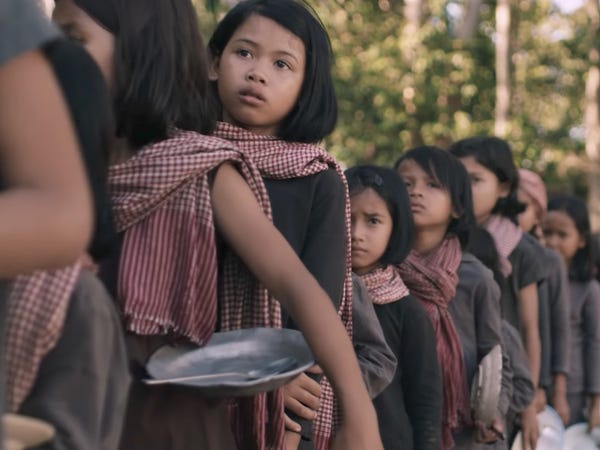
Direction
First They Killed My Father is directed from the perspective of Loung and most of the shots are taken in the first person view to talk about how she sees the things around her. The rest are focused on Luong as the protagonist. Apart from the occasional bird’s eye view shots, the film is shot with faces shown very closely and one can see grief and terror in their eyes.
While First They Killed My Father ends with a ray of hope, it goes without saying that the circumstances snatched her family and life away from her and scarred her for the rest of her life. This gives out the bigger message of how deeply and for how long war can affect people.
We can also see hues changing when she reminisces about the past, and dull shades, when she gets back to the present. There are not many sound effects used and one can hear things as they are happening ranging from gun shots to marching legs. Jolie did her best to make the viewer feel like they were experiencing everything alongside Luong, and that shows how greatly it has been directed.
Also read: Bollywood’s Obsession With Disposable Female Characters
Children’s Perspective
Since Luong is a young girl, she doesn’t quite understand anything that’s happening around her. She just does as told by her parents and the comrades of Angkar. She is unable to see the larger picture but just adapts to the changes coming her way. While First They Killed My Father ends with a ray of hope, it goes without saying that the circumstances snatched her family and life away from her and scarred her for the rest of her life. This gives out the bigger message of how deeply and for how long war can affect people.
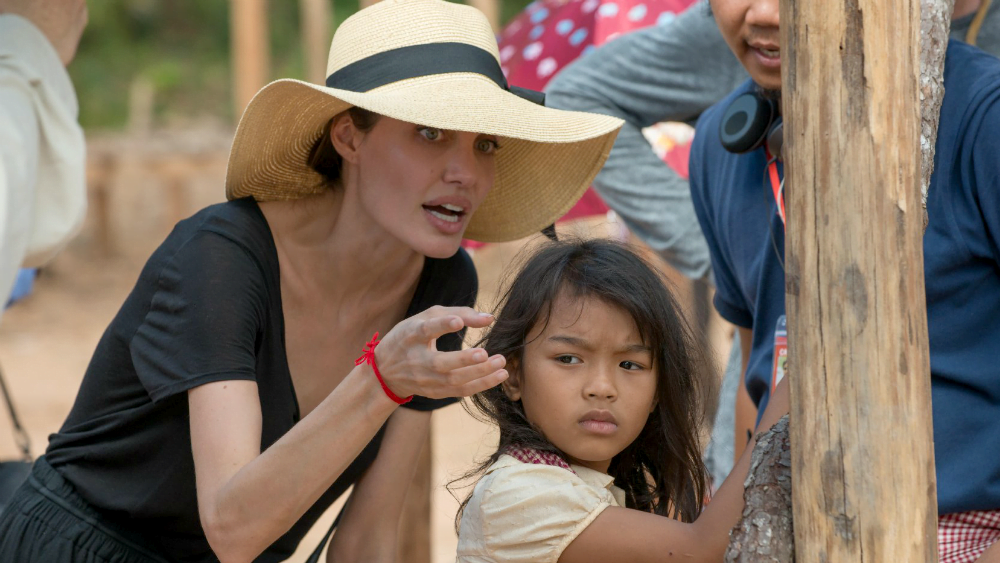
Conclusion
With immense hatred in the current global politics, First They Killed My Father holds a lot of relevance and serves as a reminder of how a wrong turn can entirely change the course of things. It also goes on to show how extremism in any form is really harmful.
Also read: The Oscars Did It Again! It Chose To Overlook The Women Directors
With tensions between Iran and USA and the possibility of another world war, we have to realise how war does more harm than good, learn from the mistakes made in the past and spread a message of peace and cooperation across the world.
Featured Image Source: Deadline
About the author(s)
Anvi Ahuja is pursuing her bachelor's degree in Political Science at Delhi University. When she's not talking to dogs, you can find her reading, talking about feminism or breaking the taboo around menstruation.
